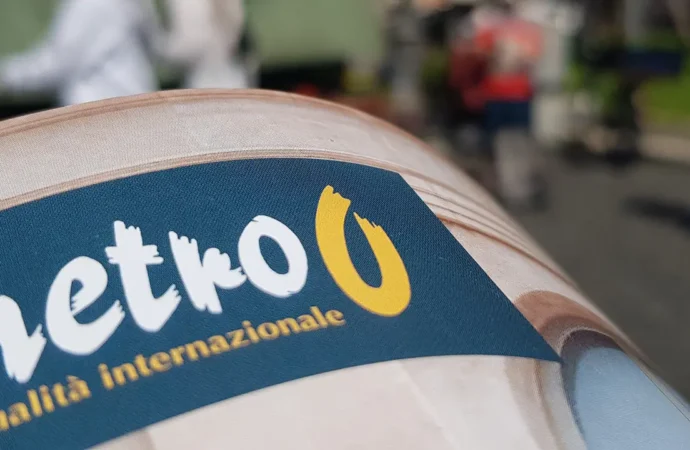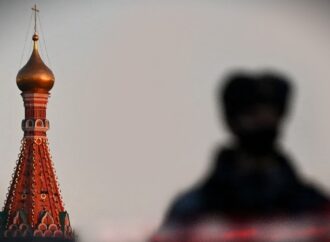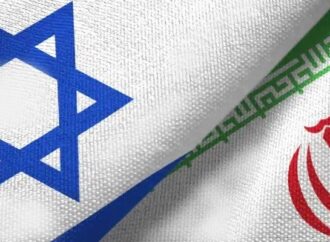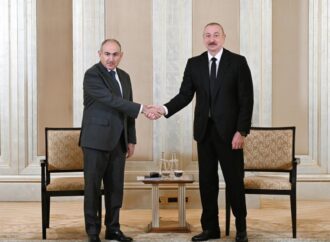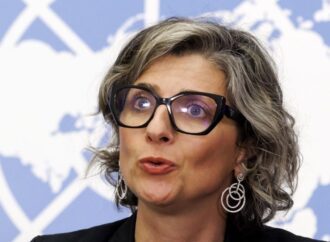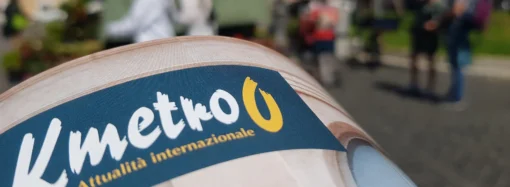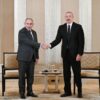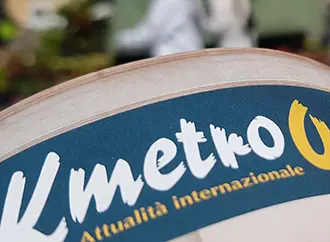K metro 0 – London – “Women’s vision and impact on tomorrow’s Middle East and North Africa. What does the future hold?” was the topic of the 25th Women’s Conference for Peace in the Middle East, recently held in virtual mode. An event organized by the Middle East branch of the Women’s Federation for World
K metro 0 – London – “Women’s vision and impact on tomorrow’s Middle East and North Africa. What does the future hold?” was the topic of the 25th Women’s Conference for Peace in the Middle East, recently held in virtual mode. An event organized by the Middle East branch of the Women’s Federation for World Peace (WFWP), in cooperation with WPWP International and WFWP Japan.
The three meeting sessions were on the topics of youth education, peace consolidation, and youth economic empowerment, addressed by experts in the field from the Middle East and North Africa (MENA).
Dr. Julia Moon, international president of WFWP, gave the opening remarks recalling the words of the founder, Dr. Hak Ja Han Moon: “Women have the magical power to create harmony and soften the hearts” and those of her husband, Dr. Sun Myung Moon, who on the occasion of the founding of the Federation had declared: “in the near future, the world will be a place of reconciliation and peace based on the maternal, loving and sociable character of women”.
The first day of the conference was dedicated to the theme of youth education, a topic dealt with by Mr. Ali Borhani, an expert on emerging markets and a geo-strategy specialist, who explained how “the keystone for the growth and stability of MENA countries is dependent on the enhancement, involvement and empowerment of women. The future of the region is bright only if the MENA leaders can change their addiction from power to empowerment.” Mr. Borhani also invited all participants to “promote a petition, to lobby and champion so that the next UN Secretary General be a woman, after 75 years”.
The second speaker, Ms. Srruthi Lekha, an intern from the WFWP’s office at the United Nations, presented an educational program that aims to empower young people, especially girls, to make a positive contribution to the development of society. She then called on governments and leaders for a greater commitment to the well-being of society.
The second day examined the issue of peacekeeping and peace building. The first speaker, Ms Naoko Kumagai, a Japanese university lecturer, claimed how “reconciliation begins with conciliation, the place where the disputant’s deep needs and desires are heard and harmonized”. In this process, “women are particularly predisposed because of their innate qualities of empathy, dedication, objectivity, and solidarity”.
Then, Ms. Nadia Al Sakkaf, a Yemeni journalist and woman’s rights activist, spoke declaring that women’s participation in politics in the MENA region is increasing. “Why do we need women in peace policies? Because women in politics are less corrupt, more cooperative and they are strong promoters of the whole society’s well-being,” she said. She also noted that “in countries at war, women are absent from governance and public life, while their presence could make an effective contribution to conflict resolution”.
The director of a Jordanian think tank Ms Hala Salem, explained that “although women in Jordan have a decent participation in politics, a more relevant involvement in peace building and a greater influence of women’s organizations in civil society, could contribute to a more orderly, harmonious and prosperous life of citizens”.
On the final day, Ms. Soumia Guennoun, Professor of Law at Sidi Mohamed Ben Abdellah University in Fez, Morocco, examining the situation of wealth distribution in the MENA region, highlighted the “inequalities between and within these countries” and how “this region and its societies face the highest youth unemployment rate in the world”. She also said that “the advancement of the Sustainable Development Goals will be an opportunity to eliminate the great economic inequalities in these countries”.
The following talk was given by a young and dynamic Moroccan woman, Ms Rim Raoudi, entrepreneur and social activist, committed to promoting youth entrepreneurship. She pointed out that “modern technology can foster youth employment, but in countries where it is not widespread and its use is limited to social media, modern entrepreneurial activity is left behind”. She concluded by talking about the success of entrepreneurship courses for girls, starting from a young age.
Dr. Sun Jin Moon, the Federation’s international vice-president, concluded the conference and offered her proposal for economic development, combining the use of important resources to support global humanitarian initiatives, with the protection of the earth’s natural resources.
The event was attended by delegates from more than thirty countries of the Middle East, North Africa, and Europe; representatives from Japan and Korea, and an international audience of more than one hundred people on each day of the conference.
The conference concluded with a brilliant and well-received performance by the Universal Ballet Company, graciously offered by its director, WFWPI president, Dr. Julia Moon.
WFWP is an international organization founded in 1992 in South Korea by Dr. Hak Ja Han Moon, which aims to promote peace through the cooperation of women around the world.


